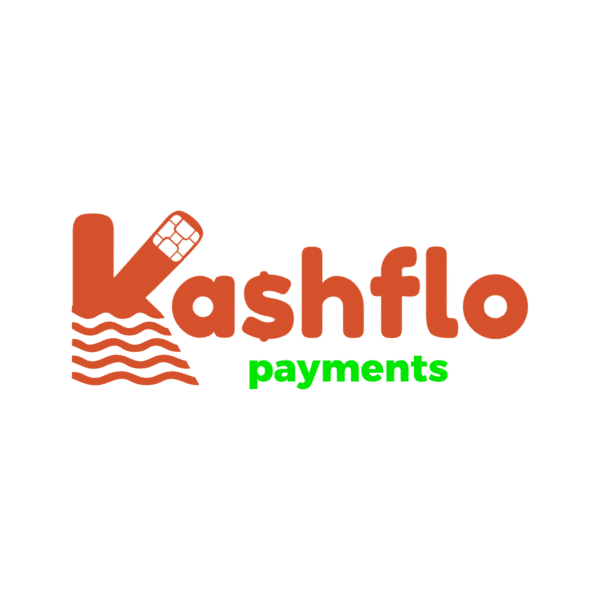Estimated read time: 5–6 minutes
If your money doesn’t go as far as it used to, you’re not imagining things. When prices rise faster than wages, that’s inflation — and because most of us live on monthly pay or school fees, it quickly becomes personal. This guide explains what inflation means for the naira and for your everyday money, and gives simple, practical steps you can take right now.
What is inflation — in plain language?
Inflation is the gradual rise in the prices of goods and services. When inflation happens, the same amount of naira buys less than it used to. It’s not a mystery or a punishment; it’s how prices move in an economy. What matters for you is how fast prices change compared with your income.
How inflation affects day-to-day life
Here are the real, everyday things you’ll notice first:
- Your food bill goes up — the same market run costs more.
- Transport and fuel costs rise, which pushes up other prices.
- School fees and rents may increase.
- Savings in a regular bank account lose buying power if interest doesn’t keep up with inflation.
Simple example: if you had ₦10,000 to spend on groceries this month and prices rise 10% over the year, you’d need ₦11,000 to buy the same things next year. That extra ₦1,000 is the cost of inflation eating into your budget.
What you can do today — practical actions that help
1) Guard the money you already have
If your savings are sitting where they earn less than inflation, they lose value. Use savings tools that give better returns or flexible access. For example, move spare cash into higher-yield saving options where available, or into dedicated saving goals inside your app so you’re less tempted to spend.
Kashflo tip: Use FreeMe’s SmartSave goals or any higher-interest saving options we offer to keep your money growing instead of shrinking.
2) Reduce avoidable fees and tiny leaks
A lot of lost value comes from small, repeated charges: account maintenance fees, ATM fees, and small transfer charges. Cut those out.
Do the math: if your account charges ₦200 a month, that’s ₦200 × 12 = ₦2,400 a year. That’s money you could save or put toward school fees. Switching to a zero-fee account instantly keeps that ₦2,400 in your pocket.
Kashflo tip: FreeMe is built to remove maintenance fees so that recurring charges stop eating into your income.
3) Keep a mix of currencies if you need to buy or get paid internationally
If you pay for subscriptions in dollars, or get paid from overseas, having a dollar wallet reduces damage from frequent conversions. A dollar card helps you pay international subscriptions without losing extra on FX fees every month.
Kashflo tip: Open a USD wallet and request a dollar card to pay global subscriptions or receive international payments more cleanly.
4) Plan for big, predictable costs (tuition, rent, vendor payments)
When prices rise, the smallest surprise becomes a crisis. Plan and save for big costs ahead of time. If you’re a student or a parent, use tuition-focused tools instead of high-interest borrowing.
Kashflo tip: Efico is designed for tuition-only support for students and for financing schools — keep educational costs targeted and predictable.
5) Run your business by the numbers
For SMEs, rising input costs mean squeezing margins unless you track pricing, supplier costs, and payment terms carefully. Short-term finance or faster settlements can help avoid stockouts or missed opportunities.
Kashflo tip: FreeBiz gives you a business wallet, faster settlements, and simple dashboards so you can see margin pressures early and react.
6) Talk to someone who can help you plan
If prices are rising and you’re not sure how to budget or pick the right product, get advice. A short session can save you painful mistakes.
Kashflo tip: Our Financial Advisory service offers practical, stage-appropriate guidance — from student budgets to small business cash-flow planning.
What not to do — common mistakes to avoid
- Don’t leave all your savings in a dormant account earning less than inflation.
- Don’t borrow from high-cost lenders to cover everyday shortfalls. High-interest debt compounds the effect of inflation.
- Don’t accept hidden fees because changing accounts “is a hassle.” Small leaks add up.
A 30-day checklist to protect your money
- Review the last three months of bank statements for maintenance or transfer fees.
- Move recurring savings into a SmartSave or higher-yield option.
- Open a USD wallet if you pay or get paid in dollars.
- Consolidate transfers and reduce ATM withdrawals.
- Schedule a short advisory session for budgeting or business cash-flow help.
- Check whether you qualify for Efico (students) or FreeBiz (SMEs) if you need structured support.
How Kashflo helps — quick summary
- FreeMe reduces the daily drag of small charges with zero maintenance fees.
- USD wallets & cards protect cross-border spenders and global earners.
- Efico protects students and helps schools plan without resorting to expensive short-term borrowing.
- FreeBiz helps SMEs manage cash flow and keep operations steady.
- Financial Advisory gives you practical, hands-on guidance for budgets and business planning.
Final thought
Inflation is a fact of life in many economies, but it doesn’t have to take you by surprise. Small changes — reducing fees, saving better, using the right wallets, and getting practical advice — preserve your purchasing power and make day-to-day life less stressful.
Take one step now: check your most recent bank statement for recurring fees. If you see maintenance fees, consider switching to a zero-fee account like FreeMe and set up a SmartSave goal for next month.
